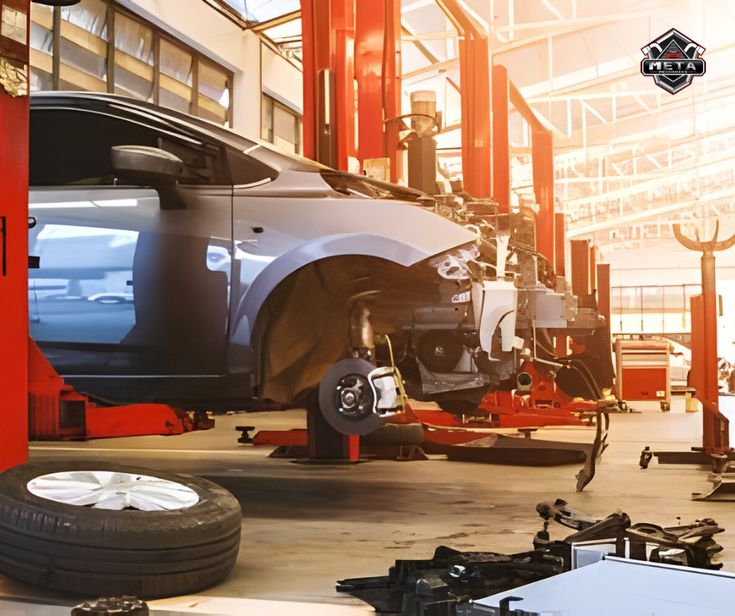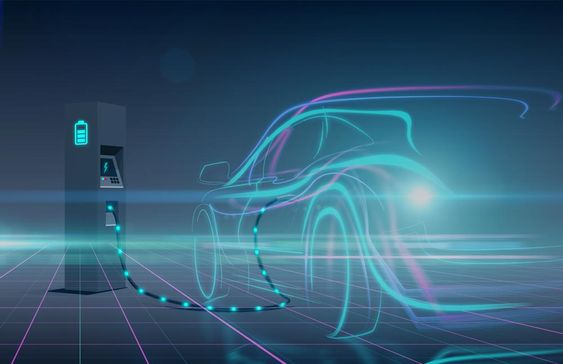Introduction:
The automotive industry is constantly evolving, driven by a relentless pursuit of efficiency, sustainability, and enhanced driving experiences. From advancements in engine technology to the integration of cutting-edge software, car manufacturers are pushing the boundaries of innovation to create vehicles that are safer, smarter, and more environmentally friendly. This blog post explores some of the most significant innovations shaping the future of car manufacturing.

Electric Vehicles: The Rise of Sustainable Mobility
Electric vehicles (EVs) are rapidly gaining popularity as a cleaner and more sustainable alternative to traditional gasoline-powered cars. Advancements in battery technology, charging infrastructure, and electric motor design have made EVs more affordable, practical, and appealing to a wider audience. Manufacturers are investing heavily in developing high-performance EVs with longer ranges and faster charging times, further accelerating the transition towards a greener automotive landscape.
Autonomous Driving: The Future of Transportation
Autonomous driving technology is revolutionizing the way we think about transportation. With the development of sophisticated sensors, artificial intelligence, and advanced mapping systems, cars are becoming increasingly capable of navigating roads without human intervention. While fully autonomous vehicles are still under development, the technology is rapidly advancing, paving the way for a future where self-driving cars become commonplace.
Connected Cars: The Internet of Things on Wheels
Connected cars are equipped with internet connectivity, allowing them to communicate with other vehicles, infrastructure, and the cloud. This connectivity enables a wide range of features, including real-time traffic updates, remote diagnostics, and over-the-air software updates. Connected cars also play a crucial role in the development of autonomous driving technology, providing the necessary data and communication channels for self-driving systems.
Advanced Materials: Lighter, Stronger, and More Efficient
Car manufacturers are constantly exploring new materials to improve vehicle performance, efficiency, and safety. Lightweight materials like carbon fiber and aluminum are being used to reduce weight, improve fuel economy, and enhance handling. Advanced composites and high-strength steels are also being employed to create stronger and more durable vehicles. These material innovations are contributing to the development of safer, more efficient, and more environmentally friendly cars.





